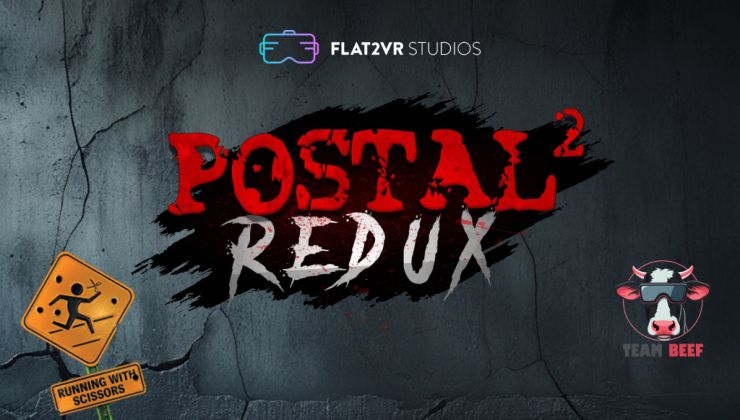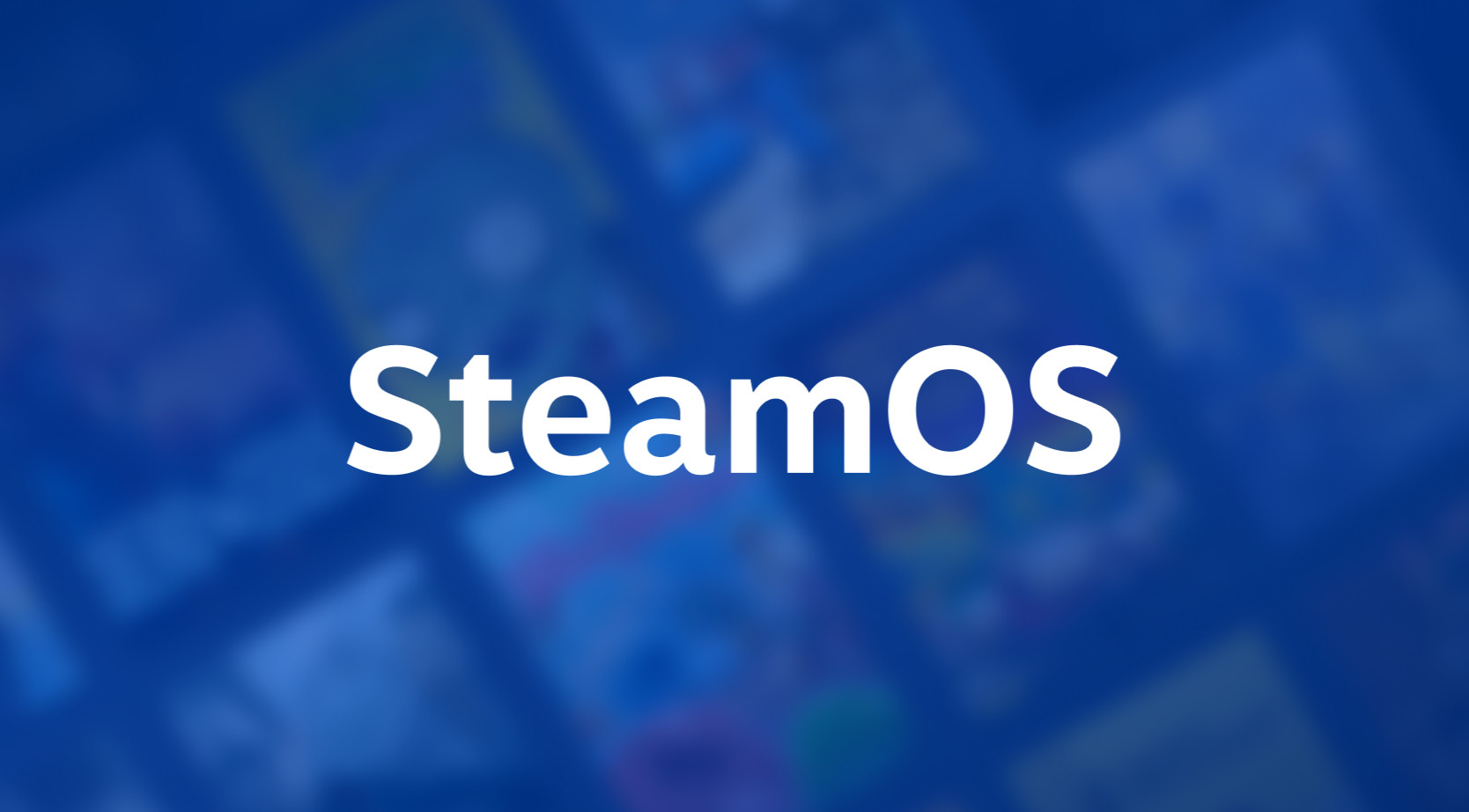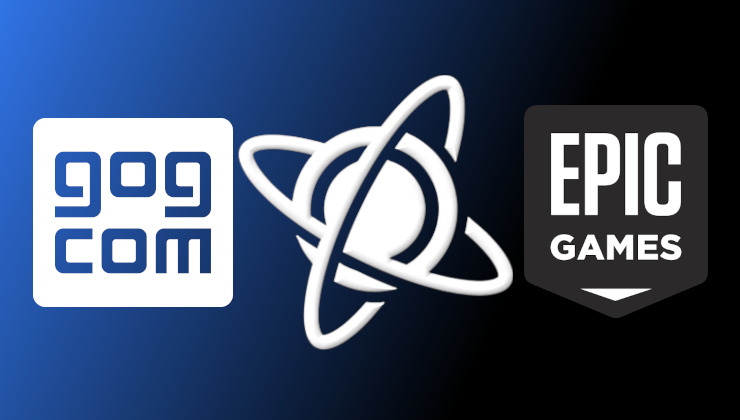Remember the big news back in January that Microsoft was acquiring Activision Blizzard? Well, the FTC aren't happy about it and are trying to block it.
In a statement the FTC said "The Federal Trade Commission is seeking to block technology giant Microsoft Corp. from acquiring leading video game developer Activision Blizzard, Inc. and its blockbuster gaming franchises such as Call of Duty, alleging that the $69 billion deal, Microsoft’s largest ever and the largest ever in the video gaming industry, would enable Microsoft to suppress competitors to its Xbox gaming consoles and its rapidly growing subscription content and cloud-gaming business.".
The whole deal has been alarming in some ways, because of the constant increasing amount of developers and publishers being swallowed up by bigger companies. This consolidation of power is never a good thing for consumers as a whole. It's not just a Microsoft problem, it's an industry problem. Take Embracer for example, they own or control around 850 franchises and 132 development studios.
What do you think about this news? Let us know in the comments.
Finally, a sample of common sense!
Dont go that far nobody has stepped in yet to stop thq nordic from buying deep silver and whole slew of smaller studios and publishers including codemasters.
Where are those companies from?
Doesn't usually stop America
That's an interesting question that I don't have a single answer to. With regard to your 'kickstarter-like platform' idea, I meant to link you to this video because it describes something very similar (and heavy influenced my previous arguments): [https://invidious.snopyta.org/watch?v=mnnYCJNhw7w](https://invidious.snopyta.org/watch?v=mnnYCJNhw7w). It's long, but interesting.I disagree that regulation to prevent exclusivity is all that's needed. As I argued in my previous comment, this would overwhelmingly favor Disney, who owns multitudes more content than any other one company. They don't have an exclusive license with the content creators; they are the content creators. Copyright by its very intention created and preserves this monopoly. I point this out because outlawing exclusive licenses alone would ease but not solve this issue because Disney has an unassailable advantage. The only way it could work is if, as you say, compulsory licensing was implemented.This in turn raises the question: Should corporations actually be able to hold copyrights? It's not like "The Disney Corporation" ever wrote a song, after all.
Now, should corporations hold copyrights? My feeling is that because corporations are legal entities and this touches many branches of law, not allowing corporations to hold copyrights would have undesirable knock-on effects elsewhere. But completely ignoring that, not having ownership over the work just makes life a lot harder for corporations—and small businesses. Do they have to get the permission of the employee who created the work to do anything with it? What if they go to a competitor, or start their own competitor? Despite being the primary significant investor in the work, they don't have any ownership in it, which seems rather imbalanced.
Of course, I understand why it's tempting we do things the way you suggest, with only individuals being able to hold copyrights. It's how the GPL works, after all. It certainly would have made people more hesitant to kick Steve Jobs out of Apple if he were the one who held the copyrights to the operating system (well, more likely it would have been Steve Wozniak, but I can imagine a scenario where Steve transfers ownership to Steve for a fee).
Ultimately, we all know that copyright is intellectually bankrupt, but this artificial monopoly is of benefit to many people. Disney has moved on from extending the Micky Mouse Protection Act and simply started trademarking popular characters. It's a much better solution because trademarks never expire (though it protects less, I can imagine companies [being hesitant to needle a trillion-dollar corporation](https://thedisneyblog.com/2008/08/11/disney-sues-another-party-company-over-trademark-copyright/)); the latest and most successful strategy in reducing the worth of our public domain over time.
This is all so tangled that it reminds me of why I use so much free software in the first place.





 How to play games from GOG and Epic Games on Linux, SteamOS and Steam Deck
How to play games from GOG and Epic Games on Linux, SteamOS and Steam Deck How to get Battlefield 3 and Battlefield 4 online working on Linux, SteamOS, Steam Deck
How to get Battlefield 3 and Battlefield 4 online working on Linux, SteamOS, Steam Deck